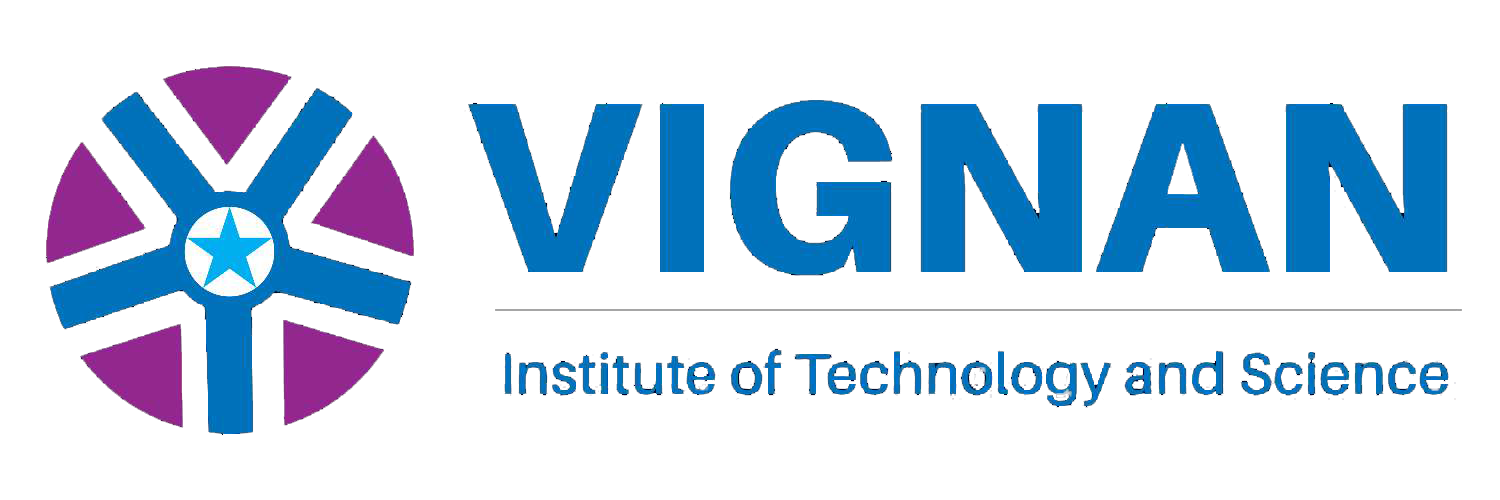- Home
- About Us
- Academics
- Academic Calenders
- Academic Regulations
- Syllabus
- Departments
- Civil Engineering
- Electrical & Electronics Engineering
- Mechanical Engineering
- Electronics & Communication Engineering
- Computer Science & Engineering
- Artificial Intelligence & Machine Learning
- Data Science
- Information Technology
- Electronics Instrumentation & Engineering
- Artificial Intelligence & Data Science
- Basic Sciences & Humanities
- Campus Life
- Examinations
- Certification Courses
- Feedback
- Hand Books
- Code of Conduct
- Student Portal
- Course Materials
- Admissions
- Placements
- Facilities
- Research & Consultancy
- IIC
